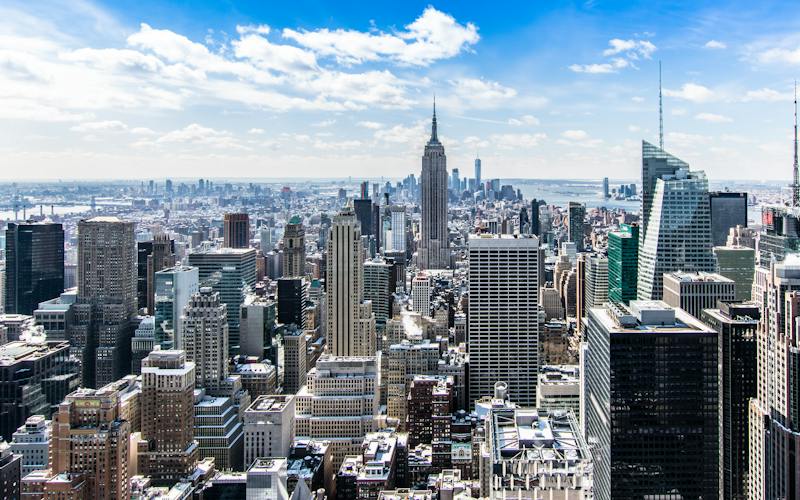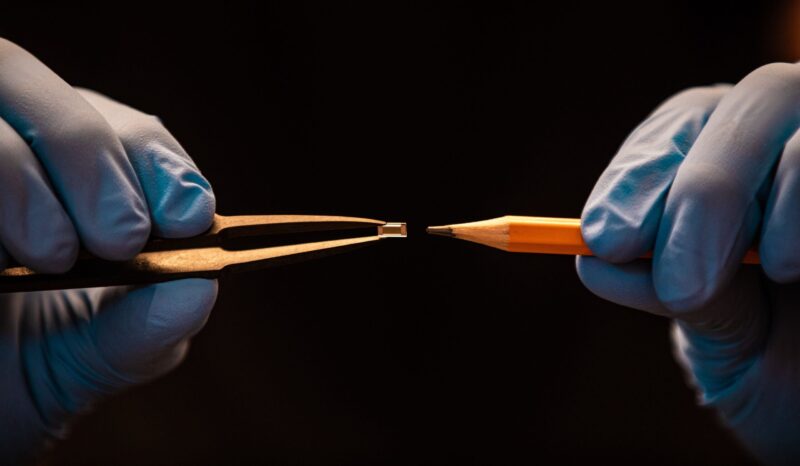New York City has a culture all its own. It feels massive, yet it’s just a tiny island. It’s impersonal and overwhelming but surprisingly intimate. For an outsider, it’s hard to imagine finding a sense of community amid high rises and countless strolling strangers. For NYC residents though, there’s a connectedness and a fierce loyalty to the neighborhoods they call home.
As the state started rolling out its legal cannabis program, it became the focal point of significant hype, on its way to becoming the nation’s largest cannabis economy. While this will almost undoubtedly still prove to be true, the way the state launched its legal program left many residents frustrated and out of patience.
The Conditional Adult Use Retail Dispensary (CAURD) program, meant to bolster communities and help those most in need, has stalled.
Only 23 of the 463 dispensaries licensed have opened since the recreational market launched in December, according to New York Public Radio’s Gothamist. The rest of the licensees and applicants are in limbo.
The delay is all the more painful when would-be legal operators watch unlicensed dispensaries earn millions selling imported, untested products from other states. In September 2023, the Office of Cannabis Management (OCM) voted to expand the state’s adult-use licenses to the general public starting in October.
CAURD licensees have been unable to sign leases or open shops since May due to pending lawsuits against the CAURD program. As a result, new applicants will not be required to qualify for the CAURD program.
Shanduke McPhatter, founder and executive director of the nonprofit Gangstas Making Astronomical Community Changes Inc. (G-MACC), is unimpressed with NY’s approach.
“It’s terrible, the lack of communication from OCM. It’s just turmoil for a person who has put everything there to focus on that. You put in your application, you’re going to get business deals and leases — and OCM can’t even tell you where the application is. It says ‘still processing.’ That’s it. Once they say they got it, that same screen is all you see the whole time. This is months now. I don’t think that’s savvy tech.”
McPhatter launched G-MACC to help create opportunities for young people in his community. “I wanted to bring something to my community that I felt if I had, then I would never have went through the things that I went through.”
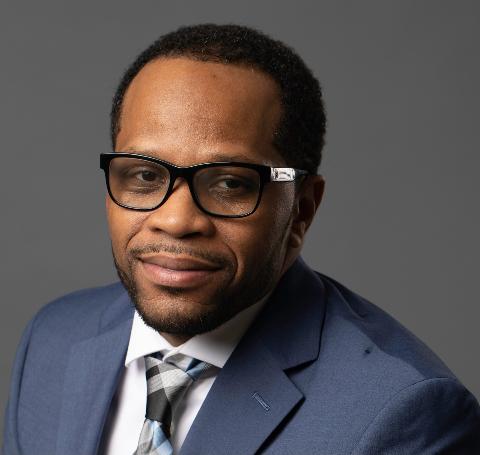
McPhatter started selling cannabis at a young age, living what he referred to as the “gangster lifestyle” to survive. McPhatter emphasized that Brooklyn didn’t hold much promise for a young man with few economic prospects.
By the time he was 16, McPhatter was in prison on Rikers Island. “From 16 to 30, I went back and forth. I was arrested many times and did two state bids. But each time I came home, I came home to the same negative opportunities. And before I even went in, there was never nothing positive offered to me. There was no mediation, there was no nothing. It was just support for violence and crime.”
G-MACC works to break the cycle of violence and incarceration by offering workshops and mentoring events to former inmates. Its programs center around gun and gang violence prevention. McPhatter sees the legal cannabis industry as an opportunity for people in his community to learn a trade that could create generational wealth.
“I have children that I want to pass cannabis down to as well. In alcohol, there are a lot of billionaire families passing down businesses that wouldn’t have had a chance when alcohol prohibition was here. But their families worked hard to say, ‘Okay, now you don’t even know what we had to go through for us to pass this down to you.’ I want to be able to tell that story to my children, but pass them down the business of cannabis, to be able to sustain my grandchildren, great [grandchildren], and so on, and be able to have my mission of helping the community through cannabis.”
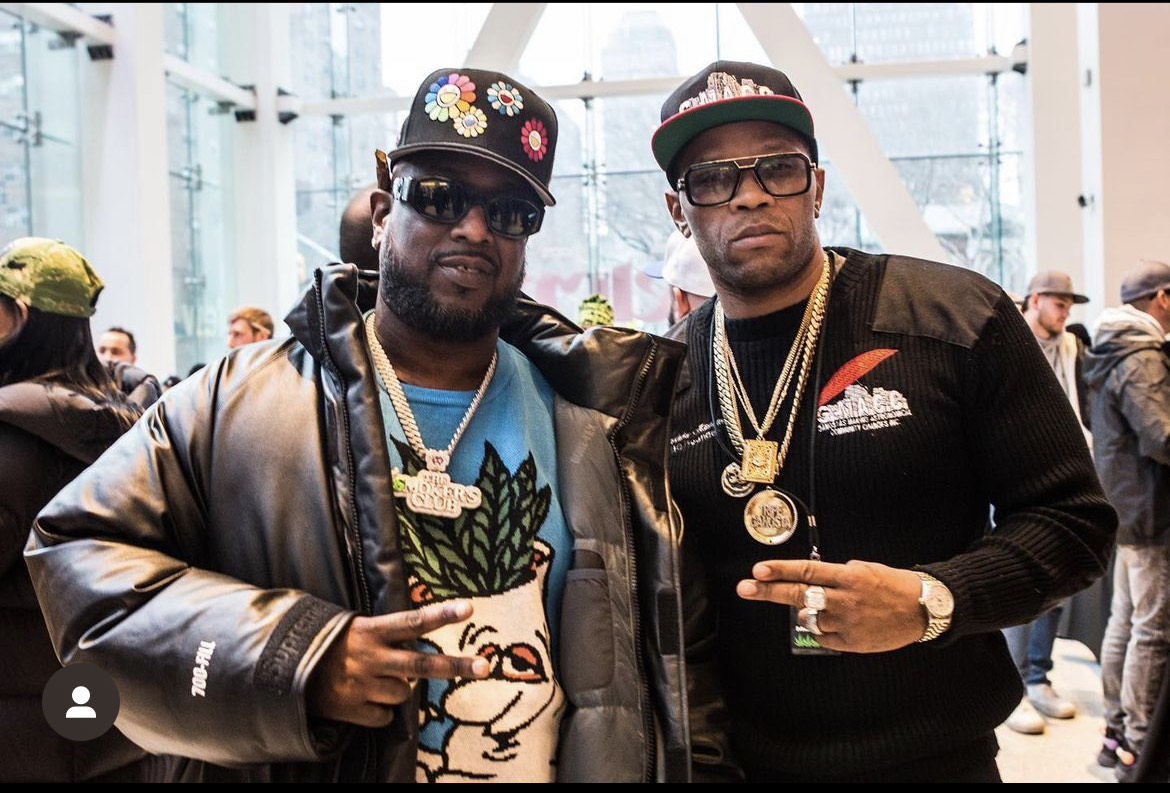
New York’s licensing process set out to create opportunities for underprivileged groups. Equity applicants under the CAURD program include those most impacted by cannabis convictions, minority- or women-owned businesses, distressed farmers, and service-disabled veterans. This is a vision that, if rolled out properly, could have huge implications for many New York communities.
Khari Edwards, head of corporate responsibility at AYR Wellness, believes in that vision.
As the former vice president of external affairs at Brookdale University Hospital and Medical Center in Brooklyn, Edwards saw his community bankrupted by a web of intersecting sociological issues. He felt the neighborhoods he served didn’t have access to preventative care or primary care providers, so the emergency room became the only option.
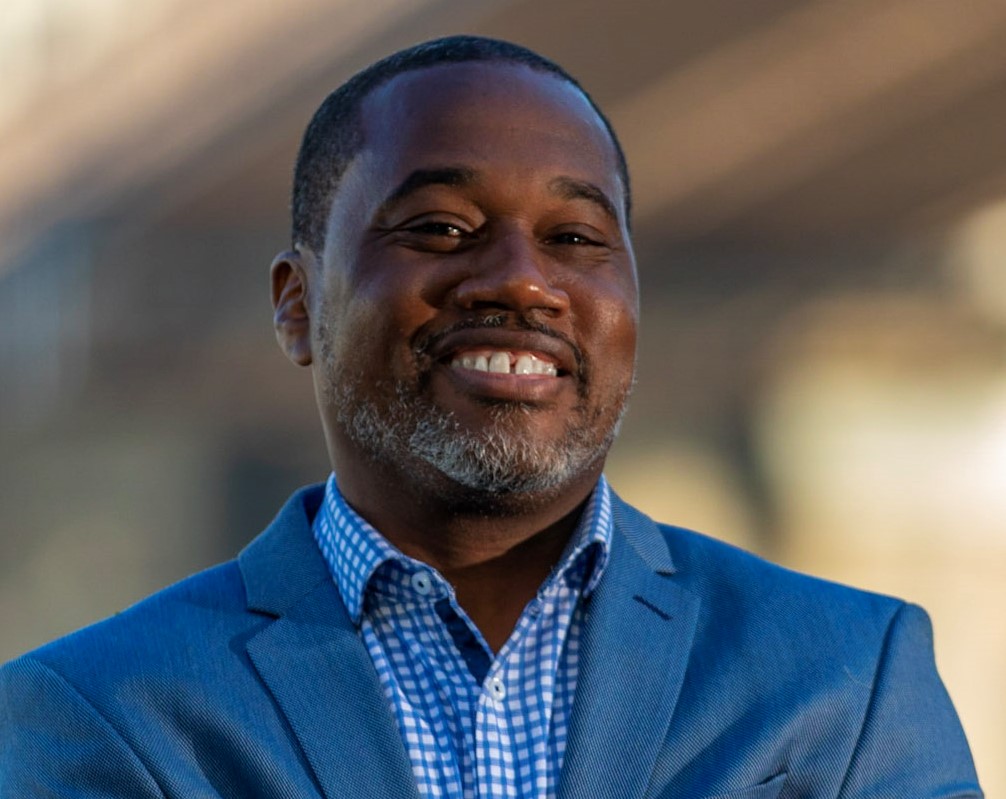
“The emergency room broke the hospital because the reimbursement rates in hospitals were 40 cents to the dollar. So if you come into the emergency room and it costs the hospital $1,000, we’re getting $400. So how do we pay for salaries? How do we pay for lights? So I started to see how healthcare played a real impact in overall communities.”
He added, “When you don’t have a healthy community, it’s because you don’t have jobs, because you don’t have education, you don’t have resources.” He saw legal cannabis as an opportunity to bring those assets into the communities he was serving.
Edwards started offering expungement clinics to help non-violent cannabis offenders. After a few poorly attended events, he realized he needed to offer more services to entice attendees. He paired the expungement clinics with other social services, facilitated by the housing department and career counseling providers.
An event he helped coordinate in New Jersey earlier this year drew more than 200 attendees. “In New Jersey, everything’s online. You could file for the certificate online, and most people — boom — expunged right at that moment,” Edwards beamed.
He has an eye for finding the relationships between people and the political and social constructs that create their circumstances. “One thing I learned in my government/hospital life, there’s something called a public charge. That public charge means that you have people in your community who are taking public money based on needs that they shouldn’t have. So now somebody with a record is a public charge because you have to increase social service support for them because they can’t get a job.
“Or you have to find a way to get them in housing or your homeless population goes up. So when you want to reduce that public charge, give people a chance to be free.” He added, “I use that word ‘free’ legitimately because you’re captive. You may not be physically in bondage, but you’re mentally in bondage.”
The CAURD applicants who received licenses in the early days of the program are struggling to stay afloat. Many are paying rents or mortgages on unused buildings, begging investors not to jump ship, and signing over future profits for financial help today.
While New York’s equity program could become a shining example across the country, for now, many applicants will remain in mental bondage until regulators and politicians can break their chains.
This article first appeared in Volume 5 Issue 2 of Cannabis & Tech Today. Read the full issue here.

